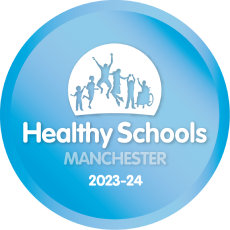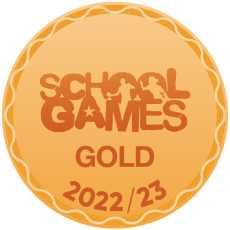Computing Curriculum
“Man is still the most extraordinary computer of all.” J.F.Kennedy
Computing Curriculum Intent
We understand the significant role that technology plays in our rapidly changing world, how it plays a pivotal part in our children’s lives and will continue to do so in the future. The teaching of computing aims to enable the children to participate actively, positively and safely in this digital world. Our teachers model and educate pupils on how to be exemplary digital citizens whilst reflecting our Catholic values through our behaviour online. We insist that they connect with others safely and respectfully, understanding the need to act with moral and ethical integrity, including reporting inappropriate content.
We want children to leave St Dunstan’s being digitally literate, resilient and able to express themselves at a suitable level for their future school life and workplace. Our intent is to equip pupils with a wide range of skills to prepare them for the future. This skill set is continually delivered with Online Safety in mind in all areas covered.
St Dunstan’s follow the ‘Teach Computing’ scheme
Curriculum Implementation
At St Dunstan’s computing is taught in discrete computing lessons, mapped out across the years and timetabled weekly. Each key phase are taught six units (one per half term) which comprises of six lessons. Our scheme of work for Computing is adapted from the ‘Teach Computing’ Curriculum and covers all aspects of the National Curriculum. This scheme was chosen as it has been created by subject experts and based on the latest pedagogical research. It provides an innovative progression framework where computing content (concepts, knowledge, skills and objectives) has been organised into interconnected networks called learning graphs.
The curriculum aims to equip young people with the knowledge, skills and understanding they need to thrive in the digital world of today and the future. The curriculum can be broken down into 3 strands: computer science, information technology and digital literacy, with the aims of the curriculum reflecting this distinction.
The units for key stages 1 and 2 are based on a spiral curriculum, where themes are revisited regularly (at least once in each year group), and pupils revisit each theme through a new unit that consolidates and builds on prior learning within that theme. This is to ensure connections are made across years as well as reducing knowledge lost through forgetting over consecutive years. Where appropriate, meaningful links will be made between the computing curriculum and the wider curriculum and pupils will be given plentiful opportunities to apply their skills.
Our Computing Curriculum is both inclusive and ambitious. Each lesson is sequenced so that it builds on the learning from the previous lesson, and where appropriate, activities are scaffolded so that all pupils can succeed and thrive. Scaffolded activities provide pupils with extra resources, such as visual prompts, to reach the same learning goals as the rest of the class. Exploratory tasks foster a deeper understanding of a concept, encouraging pupils to apply their learning in different contexts and make connections with other learning experiences.
In computing lessons, the children will use either the ipads or the laptops in order to access a range of apps and software. ‘Unplugged’ lessons will also be taught so that the pupils understand the wider implications of computing. Pupils are also given many opportunities to apply their skills and knowledge to other areas of the curriculum, for example, when producing presentations, using QR codes or researching using the internet at several points across their weekly lessons.
Children’s progress is determined through opportunities for formative assessment within lessons. These are included to ensure that misconceptions are recognised and addressed if they occur. They vary from teacher observation or questioning, to marked activities.
Curriculum Impact
Children will be confident users of technology, able to use it to accomplish a wide variety of goals, both at home and in school.
Children will have a secure and comprehensive knowledge of the implications of technology and digital systems. This is important in a society where technologies and trends are rapidly evolving.
Children will be able to apply the British values of democracy, tolerance, mutual respect, rule of law and liberty when using digital systems.
 St Dunstan's School
St Dunstan's School





